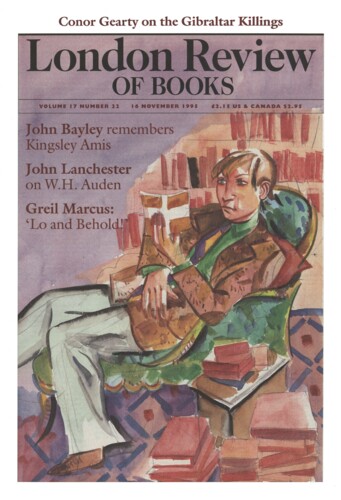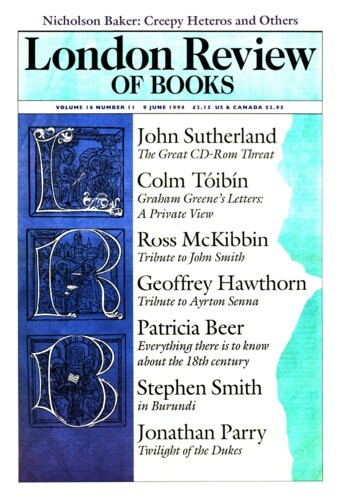All rebellions resemble one another, but every revolution is revolutionary in its own way. The French wrote the classic modern script for revolution – utopian, transformative and bloody – but even they recognised that the prologue to their drama had been playing in America since 1776. When viewed from 1789 or 1793, however, the American Revolution looked distinctly unrevolutionary. No Louis lost his head after Lexington; no American Bastille was stormed; no Robespierre emerged among the staid Ciceros and Cincinnati of the founding generation. What, then, was so revolutionary about the American Revolution: the colonists’ successful rebellion against the British Crown, or the building of a nation under a novel Constitution which inspired the French to flattering imitation? Gordon Wood has argued powerfully, in The Radicalism of the American Revolution (1991), that the real revolution lay in the transformation of ‘a monarchical society into a democratic one unlike any that had ever existed’, though even this may underestimate its constitutional legacy. The United States resolved ancient political conundrums that still bedevil European and British politics, problems such as federal government, divided sovereignty, democratic rule over an extended territory and the separation of powers. Since the lessons of the ongoing American experiment are unknown to parts of Europe, notably Britain, the American Revolution may still be unfinished.’
The Language of Liberty, 1660-1832: Political Discourse and Social Dynamics in the Anglo-American World by J.C.D. Clark. The Debate on the Constitution: Federalist and Anti-Federalist Speeches, Articles and Letters During the Struggle over Ratification. Vol. I edited by Bernard Bailyn. All rebellions resemble one another, but every revolution is revolutionary in its own way. The French wrote the classic modern script for revolution – utopian, transformative and bloody...


